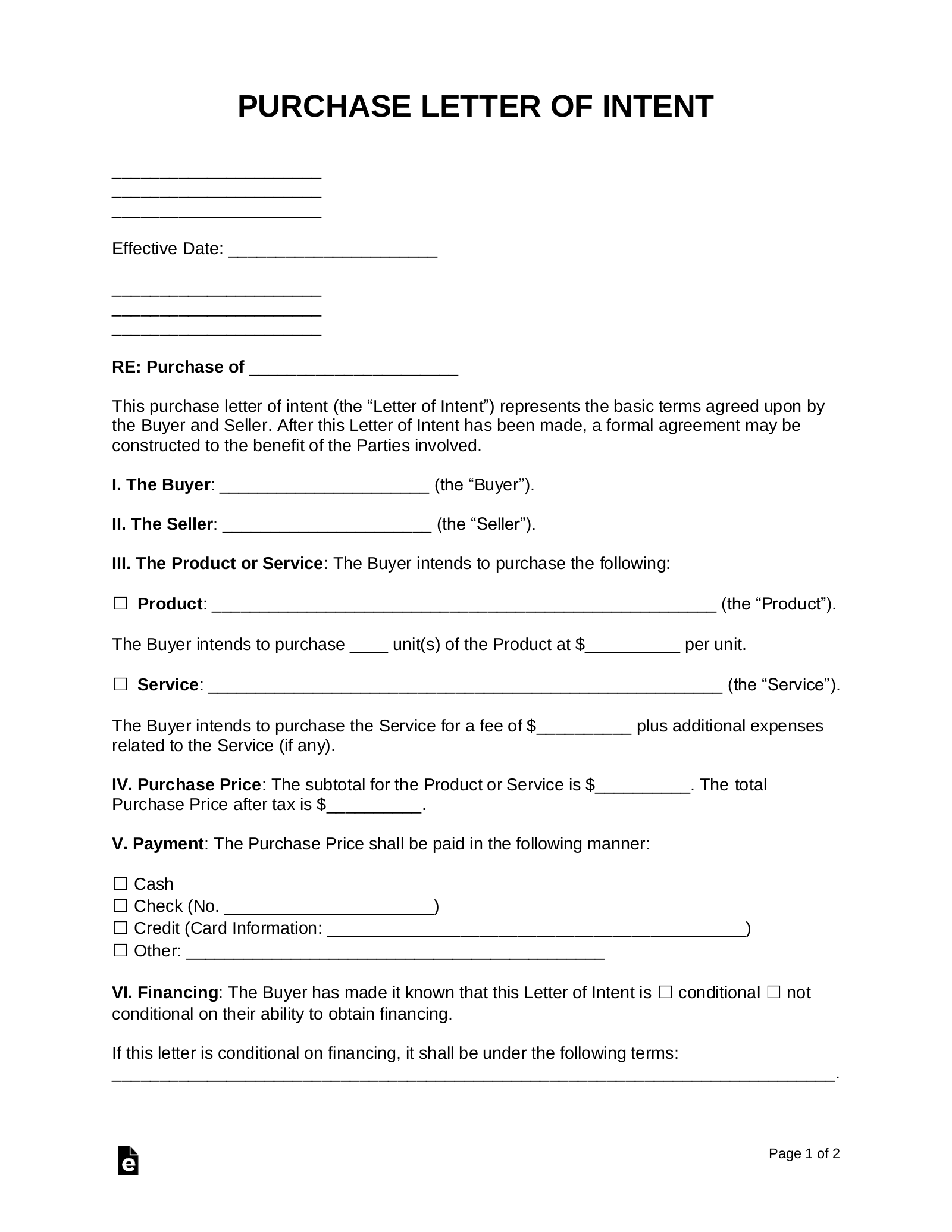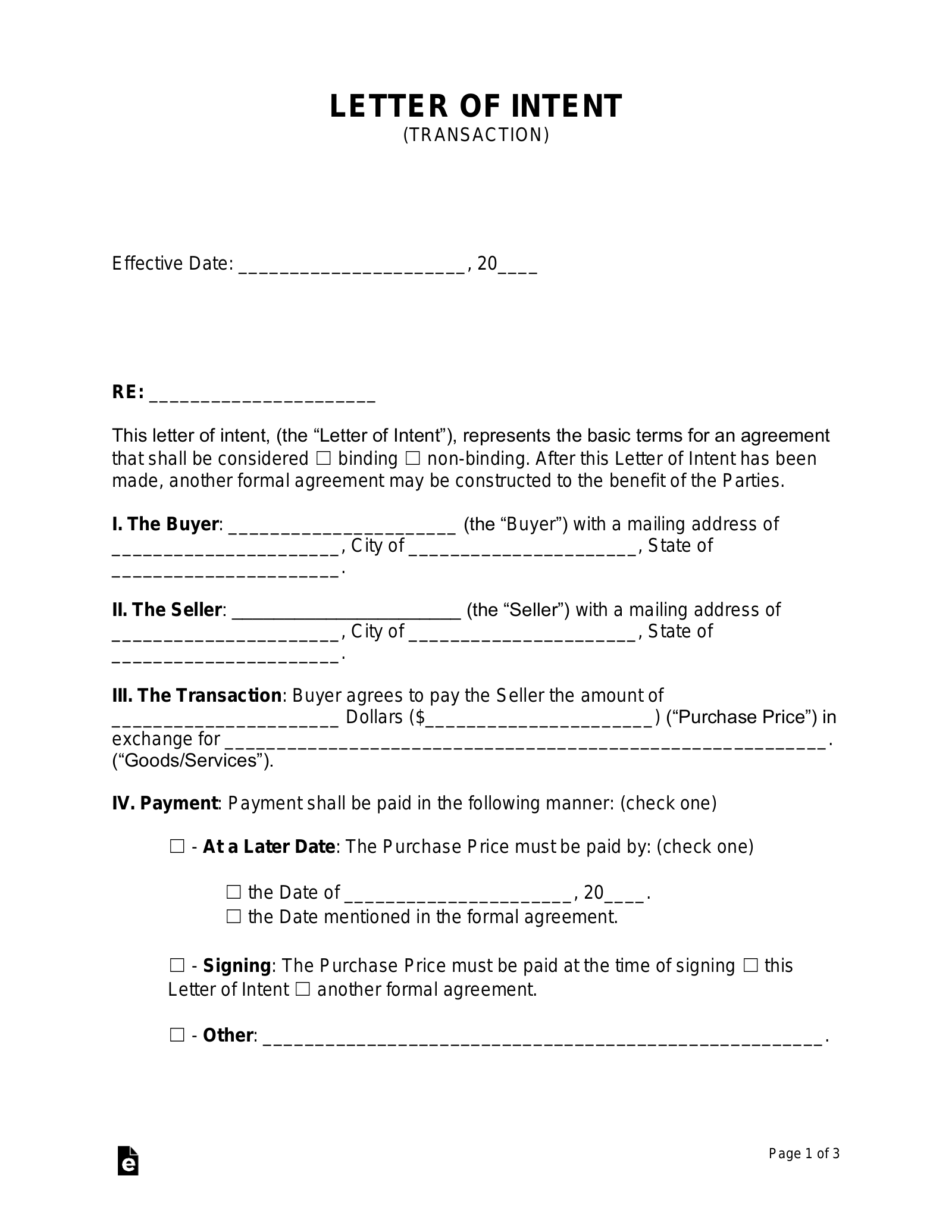Imagine this: your company is rapidly expanding. You need to secure a reliable source of fuel for your fleet of trucks, but the sheer volume of your needs is daunting. You’re searching for the best possible terms and pricing, but finding the right supplier feels like navigating a maze. This is where a well-crafted Letter of Intent (LOI) for fuel purchase becomes your compass.

Image: www.myxxgirl.com
An LOI for fuel purchase is a non-binding document that outlines your intentions to buy a specific amount of fuel from a particular supplier. It’s like a handshake deal, signaling your seriousness about the transaction while providing a framework for the negotiation process. It lays out the key terms, clarifies expectations, and serves as a foundation for a more formal contract.
Understanding the Purpose & Importance of an LOI
An LOI for fuel purchase isn’t just a formality; it’s a strategic tool with several key benefits:
-
Expressing Serious Intent: An LOI demonstrates your commitment to the supplier and sets the stage for further negotiations. It shows that you’re a serious buyer, making you more attractive to potential sellers.
-
Clarifying Expectations: By laying out the key terms, an LOI ensures that both parties are on the same page. It avoids confusion and potential disagreements later on.
-
Starting the Negotiation: An LOI serves as a jumping-off point for further discussions. It allows you to refine the terms and work out any potential roadblocks before signing a binding agreement.
-
Protection for Both Parties: An LOI can help to protect both parties from unexpected changes or misunderstandings. It’s a way to document your intentions and lay out the framework for a mutually beneficial partnership.
Crafting a Winning Letter of Intent
A strong LOI for fuel purchase is about more than just words on paper; it’s about building a foundation for a profitable relationship. Here’s what to include in your LOI:
-
Introduction: Begin with an opening paragraph outlining your business, the purpose of the LOI, and why you’ve chosen this supplier.
-
Subject of the LOI: Clearly state the subject of the LOI, such as “Letter of Intent for Fuel Purchase Agreement.”
-
Parties Involved: Identify the parties involved – the buyer and seller – along with their legal names and contact information.
-
Fuel Requirements: Specify the type of fuel you need (diesel, gasoline, etc.), the quantity needed, and the delivery timeline. Provide details like the desired delivery frequency and any specific fuel specifications.
-
Pricing and Payment Terms: Outline the proposed pricing structure (fixed price, indexed price, etc.), payment terms (payment cycles, potential discounts, etc.), and any other relevant financial details.
-
Delivery Terms: Define the desired delivery method (truck delivery, pipeline, etc.), preferred delivery locations, and any requirements for fuel storage or handling.
-
Quality Standards: Specify the fuel’s minimum quality standards and any mandatory compliance certifications (ASTM standards, etc.).
-
Duration of Agreement: Indicate the proposed duration of the fuel purchase agreement, whether it’s a specific time frame or a rolling contract.
-
Confidentiality Agreement: If any sensitive information is being shared, include a confidentiality clause to protect both parties’ interests.
-
Non-Binding Agreement: Explicitly state that the LOI is non-binding and that a formal agreement will need to be negotiated and signed later.
-
Term of the LOI: Clearly define the validity period of the LOI, after which it will expire if no further action is taken.
-
Contact Information: Provide the names, titles, and contact information of the authorized representatives for both parties.
-
Signatures: Both the buyer and seller should sign and date the LOI to confirm their agreement to the outlined terms.
Negotiating the LOI and Reaching a Final Agreement
The LOI is a starting point for negotiations – an opportunity to fine-tune the terms and ensure that the agreement benefits both parties. Here are some tips for successful negotiations:
-
Be Prepared: Before entering negotiations, thoroughly research the fuel market, explore alternative suppliers, and compare pricing and contract terms.
-
Clear Communication: Communicate your needs and expectations clearly and respectfully. Be open to discussing modifications and finding mutually beneficial solutions.
-
Understand the Market: Stay informed about current market trends in fuel pricing, availability, and regulations. This will help you negotiate effectively and avoid getting stuck in unfavorable terms.
-
Focus on Long-Term Value: Don’t just focus on the initial price; consider the overall value proposition, including factors like supply reliability, fuel quality, and potential for future partnerships.
-
Secure Legal Assistance: Consulting with a legal expert specialized in fuel supply contracts can help safeguard your interests and ensure that the final agreement is legally sound.

Image: mavink.com
Letter Of Intent For Fuel Purchase
Conclusion: Strengthening Your Fuel Supply Chain with an LOI
An LOI for fuel purchase is a critical step in securing a reliable and cost-effective fuel supply for your business. By understanding its purpose, crafting a well-structured document, and engaging in productive negotiations, you can lay the groundwork for a successful business partnership and secure the fuel you need to keep your operations running smoothly. Remember, the LOI is a powerful tool – use it wisely to achieve the best possible outcome for your business.






